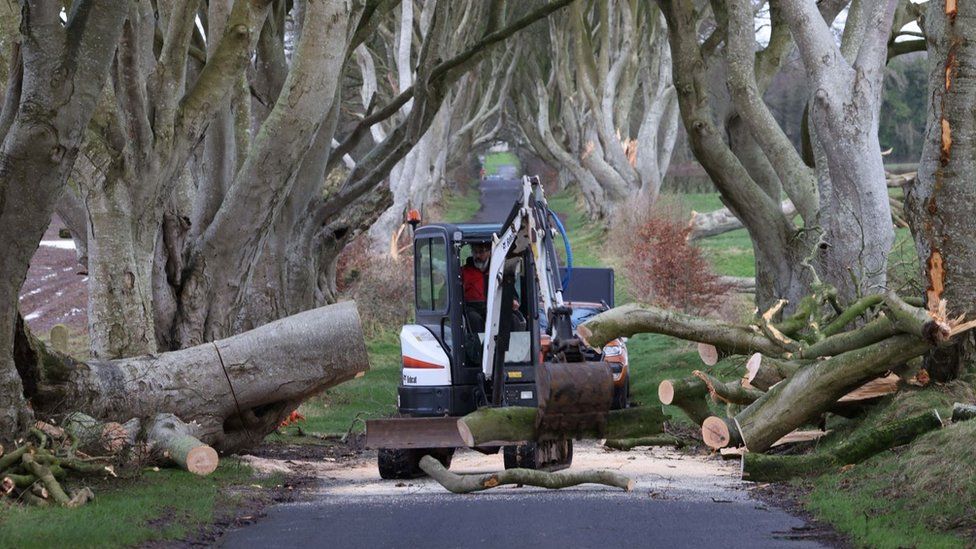You Should Know What Private Student Loan Settlement Is All About
It is usually best to pay off your student loan debt in order to eliminate college debt, unless you qualify for loan forgiveness. Filing for bankruptcy under Chapter 7 or going through foreclosure will not eliminate college debt for you.
In order to settle for a lower amount than you owe, you might want to intentionally default on your student loan debt. This process can also be handled by a debt settlement company, just like other types of debt.
In terms of Private student loan settlement, it is not advisable to use strategic default. Learn why.
Table of Contents
The Long-Term Effects Of A Default Aren’t Positive
A collection agency takes over your student loan account when you do not make payments. Settlements cannot be approved by the Education Department but can be offered by collection agencies:
- We do not charge collection fees
- Your default will result in you forfeiting half of your interest accrued
- You will receive a 10% reduction in your balance
The cost-effectiveness of maintaining your loan obligations is not greater than the alternatives above. For defaulted student loans, collection charges can amount to 25% of the principal and interest.
Hence, even if you save 10% on principal and interest, the collection fees may cancel out the savings.
A student loan settlement may benefit those who have been in default for more than a decade due to accumulated interest being discounted. Although the United States Educational Department does not accept loans with an amount less than their original balance, defaulted loans will never be accepted for anything less.
Defaulting won’t save borrowers money if they are already repaying student loans.
If you default on your student loans, the collection agency can also report your past-due account to the major credit agencies and ruin your credit. Because of the likely increase of interest rates in the future, we hope that you won’t need to borrow money again soon. Obtaining a loan may be difficult if your credit score is low.
Student loan default is more likely to occur when your financial losses are greater.
The Best Way To Avoid Repaying Student Loans Is To Default On Them
If you are struggling to make your payments, below are some better options to consider.
Assistance With Student Loan Repayment Or Forgiveness
The government, state governments, and a few employers may be able to help with your student loan payments. A large amount of debt may be wiped out in a short period of time if you receive help paying it down or outright forgiveness.
Repayment Of A Loan Is Based On Income
A repayment plan based on your income is available through the U.S. Education Department. A percentage of your discretionary income will be paid based on the size of your family, your income, and your state of residence.
With an income-based plan, your payment period is longer, allowing you to forgive your balance after 20 to 25 years.
It Is Possible To Refinance Student Loans
When you have good credit and a steady income, you may be able to refinance your student loans for a lower interest rate and payments.
A switch from government to private loans may not qualify you for forgiveness or income-based repayment options.
A refinance with a lender who charges variable interest rates will likely result in higher costs in the long run. If you are considering refinancing, you might want to consider a fixed rate mortgage.






